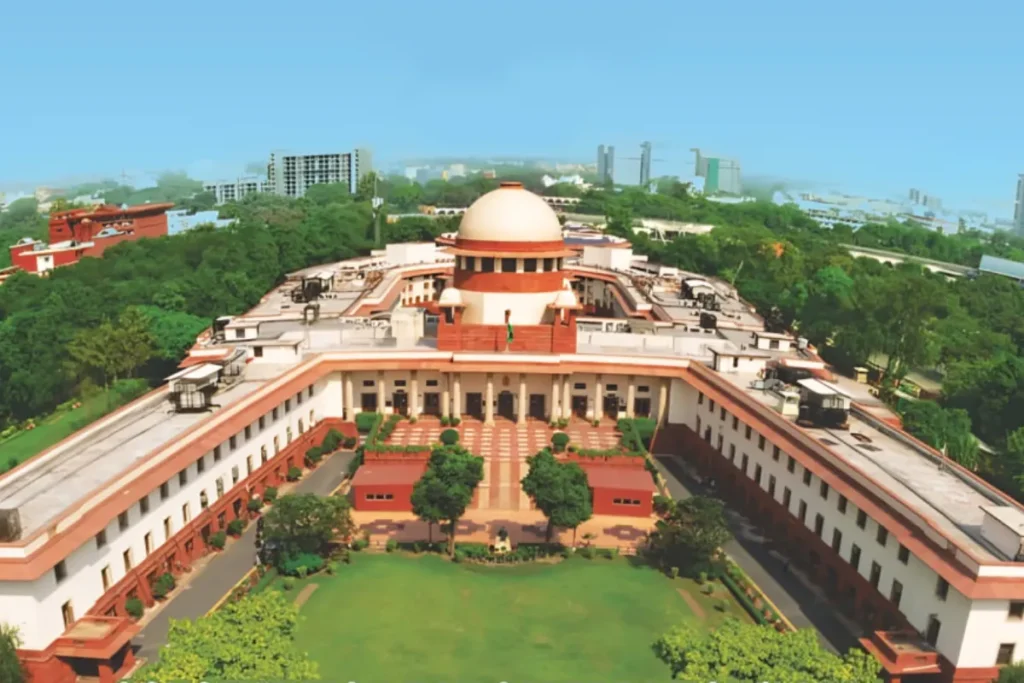In a landmark verdict, the Supreme Court of India has deemed the Electoral Bond scheme unconstitutional, delivering a significant blow to anonymous funding in political circles. The five-judge Constitution bench, led by Chief Justice D Y Chandrachud, pronounced its judgment on February 15, putting an end to the contentious scheme.
Constitutional Violations
The apex court declared the Electoral Bond scheme as a violation of the fundamental right to freedom of speech and expression enshrined under Article 19(1)(a) of the Indian Constitution. It also emphasized the infringement on citizens’ right to political privacy and affiliation, asserting that the scheme contradicted the principles of participatory democracy.
Key Directives
The SC has ordered the immediate cessation of the issuance of electoral bonds by SBI. Additionally, SBI has been directed to submit comprehensive details of all electoral bonds issued to the Election Commission of India (ECI) by March 6. The court emphasized the urgency of making this information public, instructing the ECI to disclose all donations within one week of receiving the data.
Transparency and Accountability
The judgment underscored the importance of transparency and accountability in political funding, highlighting the inherent flaws in the anonymity of electoral bonds. By striking down the provision for anonymous contributions, the court reiterated the significance of the right to information and freedom of speech in the democratic process.
Judicial Rationale
Chief Justice D Y Chandrachud emphasized the judiciary’s role in upholding the citizens’ right to information on social, cultural, political, and economic issues. He emphasized that this right extends beyond mere state affairs and is essential for fostering a participatory democracy.
Implications and Pending Challenges
While this verdict addresses the Electoral Bond scheme, various petitions challenging amendments introduced through Finance Acts 2016 and 2017 remain pending. These amendments have been criticized for facilitating unchecked funding of political parties. NGOs like the Association of Democratic Reforms and Common Cause have raised concerns about the opaque nature of political funding and the circumvention of parliamentary scrutiny through the classification of bills as money bills.
Keep watching our YouTube Channel ‘DNP INDIA’. Also, please subscribe and follow us on FACEBOOK, INSTAGRAM, and TWITTER
